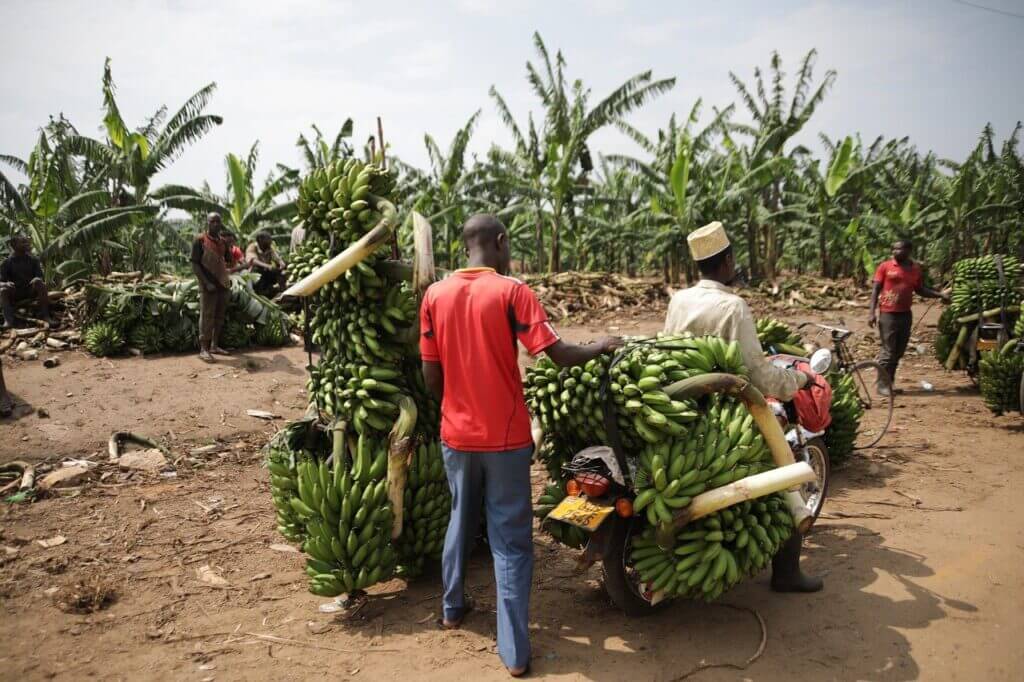This article was originally written for SNV Netherlands Development Organisation.
Global Trade Expert Anabel Gonzalez called on countries to “keep food moving” to prevent pandemic-related food shocks. In the recent ICR Facility webinar on “Food Supply Disruption in times of COVID-19”, she reiterated that while a global food crisis is not visible at the moment, keeping an open food trade ensures a positive outlook.
COVID-19 burdens global food system
With more than 20M cases worldwide during the time of recording, Gonzalez mentioned that apart from causing a global health crisis, COVID-19 has led to a global recession worse than the second World War. 70 to 100 million people are expected to live in poverty this year with 265 million more experiencing acute hunger. The pandemic is driving up hunger in countries already experiencing it before COVID-19 hit.
As food does not seamlessly move from farm to table, one of the ways where the pandemic affects food supply and demand is through disruptions in local or international transportation systems, clogged ports or roads, and delays in customs clearances. Most importantly, the food system is impacted by the unexpected surge in unemployment lowering an individual’s purchasing power.
Gonzalez did mention that there is enough food supply at the global level at the moment and for this to remain, “trade should remain open and frictionless, free from restrictions, with speedy clearances at customs, borders and ports.”
Act now to lessen potential shocks
While the world is doing better now compared to the global food price crisis of 2007, the pandemic can still push 265 million people into acute hunger unless actions are taken.
Gonzalez presented a four-point action plan that governments must follow to manage potential shocks. This include real-time monitoring, safe transport, nutrition assistance and social protection systems.
While keeping global trade open stabilizes world food markets, she also pointed out the importance of regional collaboration since “food security depends a great deal on intra-regional trade”.
Build back better through trade cooperation
“Sometimes it is a natural reaction for governments to try to close their borders and keep food supplies within countries. It is actually a very bad idea for the world as a whole. The good news is that those countries have not let those restrictions last. Some of them were temporary, not renewed or completely removed,” Gonzalez said.
She also mentioned the potential role that the Africa Continental Free Trade Area can play in boosting regional trade cooperation. “In the second phase of the AfCFTA negotiations, the rules on investment, competition policy and intellectual property should support supply chains across the continent. Though the solution to food insecurity goes well beyond the AfCFTA, it can make a strong contribution to address the bottlenecks that hinder trade along the food supply chain,” she explained.
Finally, she mentioned the importance of leveraging digital platforms for a more sustainable food future.

